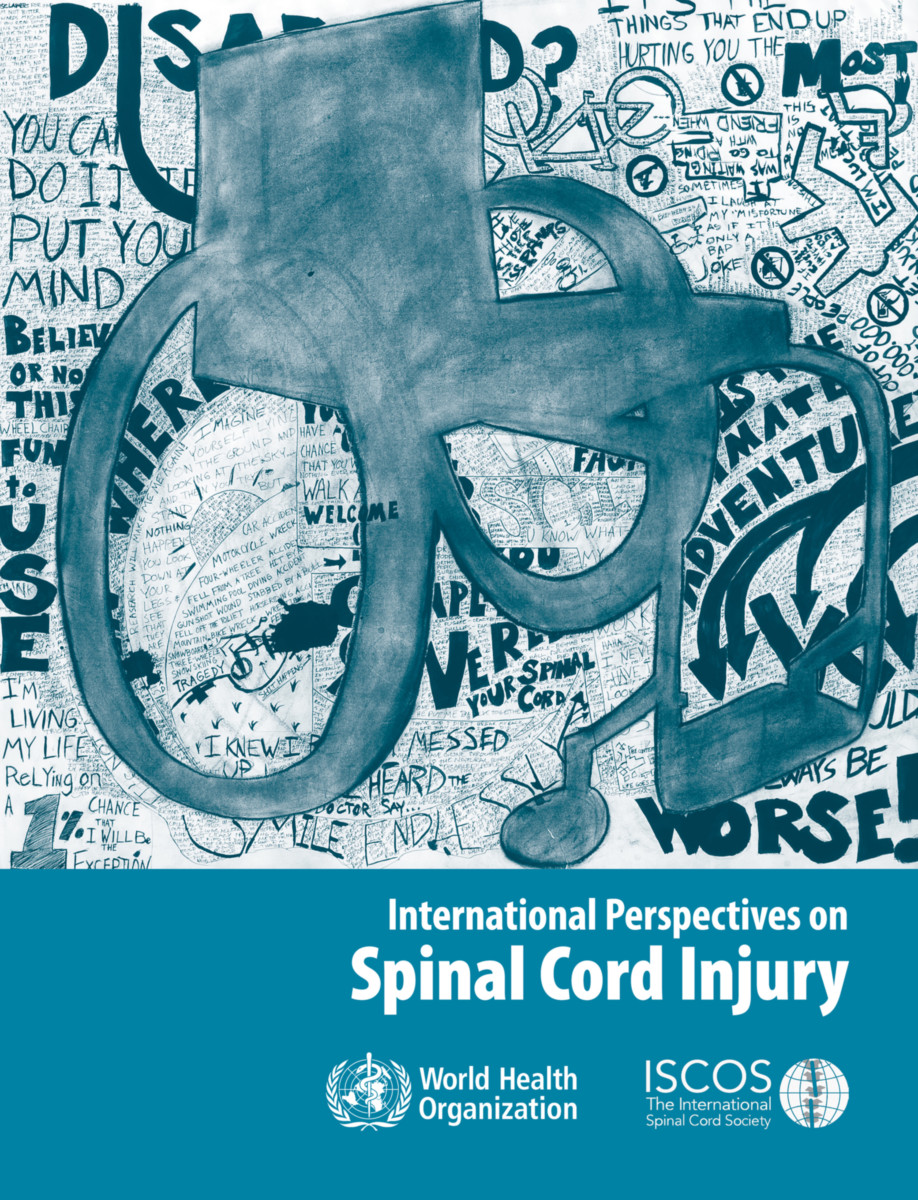International Perspectives on Spinal Cord Injury
- Publisher
World Health Organization - Published
6th February 2014 - ISBN 9789241564663
- Language English
- Pages 244 pp.
- Size 8.25" x 11.75"
Spinal Cord Injury (SCI) has costly consequences, both for individuals and society. People are left dependent, are excluded from school, and are less likely to be employed. Worst of all, they risk premature death. SCI is both a public health and human rights challenge. With the right policy responses, it is possible to live, thrive and contribute with SCI anywhere in the world. People with SCI are people with disabilities, and they are entitled to the same human rights and respect as all other people with disabilities. Once a person with SCI has had their immediate health needs met, social and environmental barriers are the main obstacles to successful functioning and inclusion in society. It is essential to ensure that health services, education, transport and employment are available and accessible to people with SCI, alongside other people with disabilities. SCI will always be life-changing, but it need not be a tragedy and it need not be a burden.
This report on SCI assembles and summarizes information on SCI, in particular the epidemiology, services, interventions and policies that are relevant, together with the lived experience of people with spinal cord injury across the life course and throughout the world and makes recommendations for actions based on this evidence that are consistent with the aspirations for inclusion and participation as expressed in the Convention on the Rights of Persons with Disabilities.
World Health Organization
World Health Organization is a Specialized Agency of the United Nations, charged to act as the world's directing and coordinating authority on questions of human health. It is responsible for providing leadership on global health matters, shaping the health research agenda, setting norms and standards, articulating evidence-based policy options, providing technical support to countries, and monitoring and assessing health trends.


